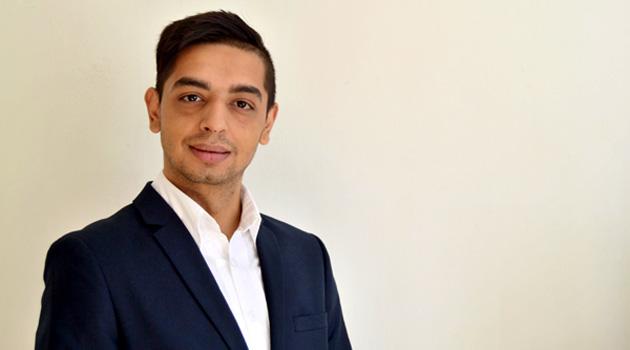During the first weekend in May more than 20 Romani men and women of minority sexual orientations gathered in Prague’s National Minorities House for a first-ever, historic seminar on Romani LGBT people organized by the ARA ART association. Those attending the seminars were subsequently prevented from entering a gay nightclub in Prague because of their ethnicity.
At the start of the two-day meeting, those attending first watched the 2009 film "Roma Boys" by Rozálie Kohoutová and David Tišer, then split into groups to attend workshops led by fashion designer Pavel Berky and photographer Lukáš Houdek. The attendees created their own series of clothing designs and photographs under the direction of these professionals on the topic of accepting one’s identity.
Sunday’s workshop was led by the Romani political scientist Edita Pišojová-Stejskalová, who focused on Romani LGBT activism not just from the perspective of members of sexual minorities, but primarily from the perspective of educated young Roma who are aware of their strengths and justifiably proud of them. Using those strengths, Romani LGBT activists can affect not just the majority-ethnicity part of society, but members of Romani communities as well.
The topic of Romani activism was very current given that four attendees had been denied entry on Saturday evening into terMax, a gay nightclub in Prague. After a group of about 15 Romani men and women were permitted into the club, security refused to admit the four attendees in question (three men and one woman), saying they did not have club cards – even though none of the non-Romani customers had been asked to show such cards.
Activists Lucie Fremlová and David Tišer warned a representative of the manager that this discriminatory behavior was illegal, and eventually all the rest of the seminar attendees were permitted entry, with the security guard insisting he had been following the internal guidelines of the business. None of the problems the management alleged might be caused by the presence of Romani people occurred in the club after they were allowed in.
This incident ultimately confirmed the need for events focused on activating minorities within minorities. Romani men and women within the LGBT minority are very often discriminated against on the basis of their ethnic origin, and LGBT people experience a similar position within the Romani minority.
